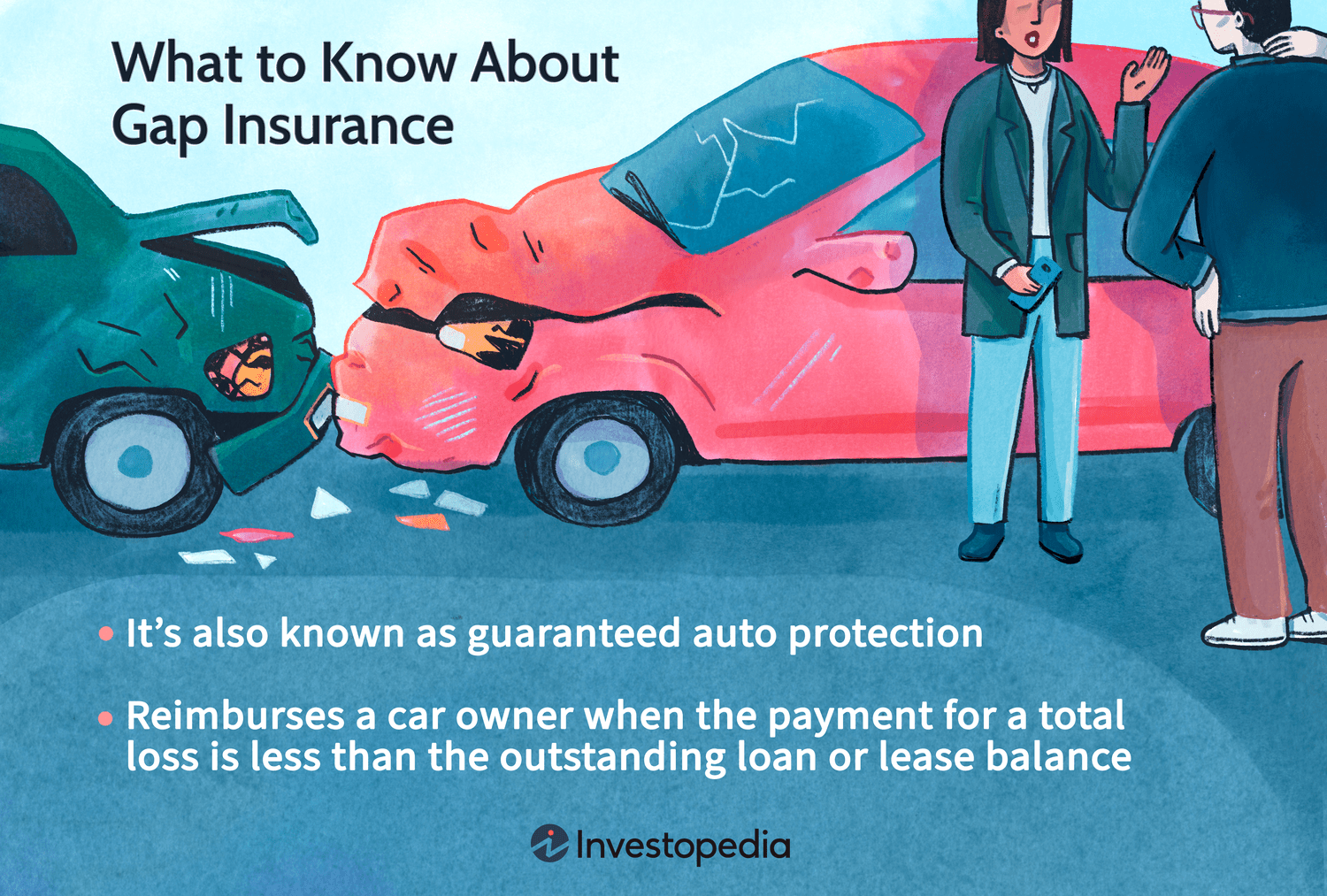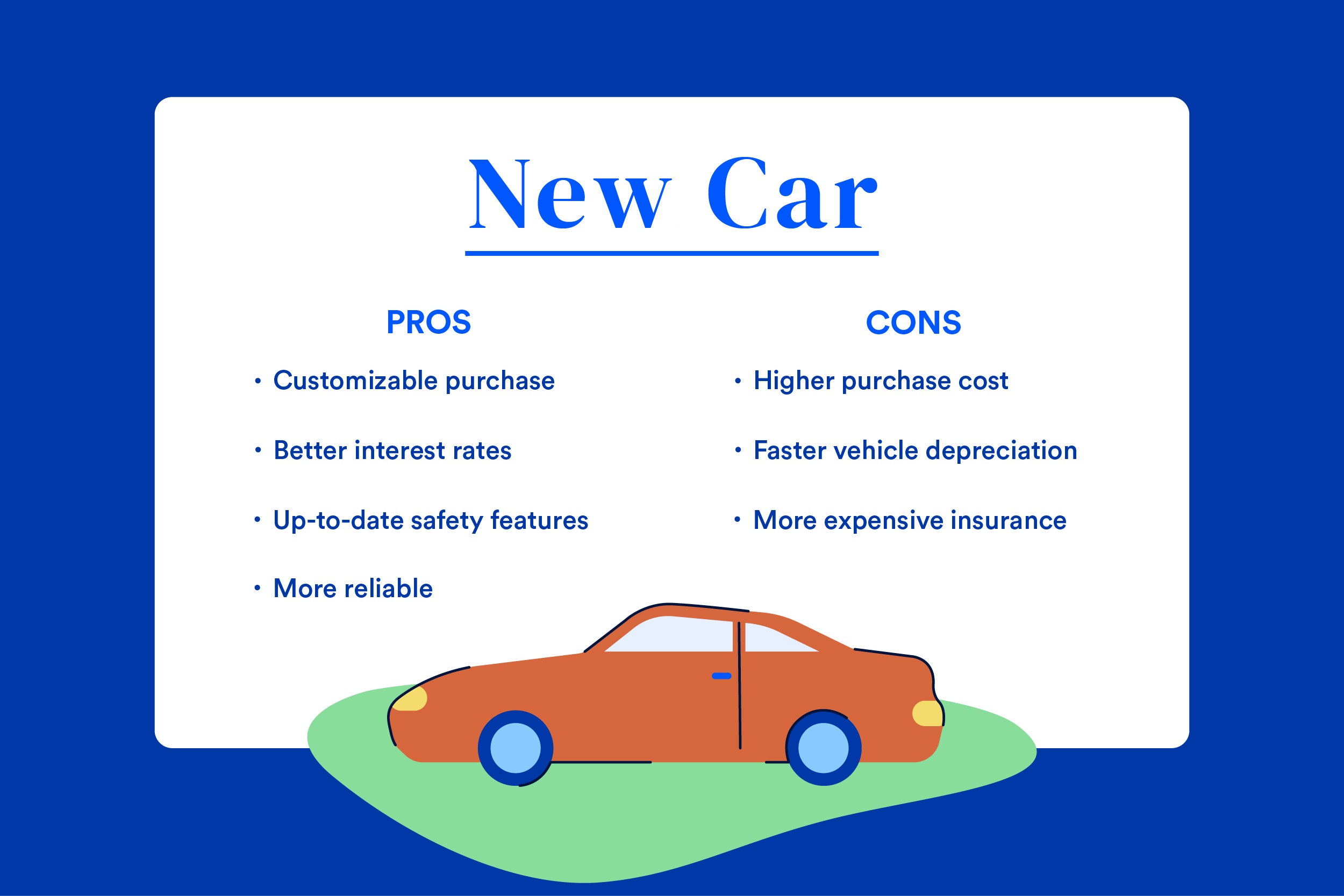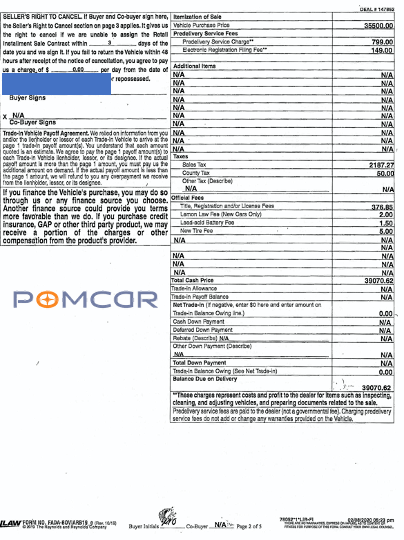Why are Used Cars So Expensive
Used cars have become expensive due to high demand and limited inventory. Economic conditions and supply chain issues exacerbate the cost.
Seeking an affordable vehicle nowadays might feel daunting amid rising costs in the used car market. Several factors contribute to surging prices, beginning with the ripple effects of global economic disruptions. The pandemic-induced supply chain constraints slowed new car production, leading to fewer trade-ins and a scarcity of used vehicles.
Consumers turned to pre-owned cars, driving up demand. Also, disruptions from chip shortages have prolonged new car manufacturing delays, pushing more buyers to the secondhand market. These market dynamics have inflated used car prices, challenging budget-conscious shoppers. Steep prices in the used car market reflect an intersection of elevated demand and compressed supplies, alongside economic pressures that affect both consumers and dealers alike.
Rising Demand For Used Cars
Are you wondering why used cars are in such high demand? You’re not alone. Many people are looking for affordable, reliable transportation options, and used cars offer a practical solution. As demand increases, so do prices. Let’s explore the reasons behind this trend.
Research shows more drivers prefer used cars now. The hunt for value and reliability has intensified in recent years. This rise in demand directly links to a noticeable increase in used car prices.
Shifts In Consumer Buying Behavior
- New car prices soar, sending buyers to the used market.
- Tech advancements make older models more enticing.
- Value for money remains a top driver for used car purchases.
Impact Of Economic Downturns
Economic challenges often lead to tighter budgets. Many households opt for used cars as a cost-effective choice. This, in turn, fuels demand and drives up the cost of pre-owned vehicles.
| Year | New Car Sales | Used Car Sales |
|---|---|---|
| 2021 | Decline | Rising |
| 2022 | Stagnant | Still Rising |
As shown in the table, while new car sales ebb and flow, the trajectory for used car sales consistently climbs.

Credit: www.jdpower.com
New Car Production Challenges
Exploring the Surge in Used Car Prices: The roots of pricier used vehicles extend to challenges in producing new cars. Several factors hinder the arrival of fresh models at dealerships. This trend pushes demand, and prices, up for used options. Let’s dive into why modern car manufacturing faces such trials.
Global Supply Chain Disruptions
The global supply chain is like a complex machine. When one gear fails, the whole system feels the effect. Lately, this machine has faced multiple setbacks:
- Pandemic-induced factory shutdowns
- Port congestions slowing down shipments
- Shortages of shipping containers
- Political tensions affecting trade routes
These events create delays in new car production. This leads to fewer new cars for sale. As a result, used cars become a hot commodity, driving up their prices.
Semiconductor Shortage
Modern cars rely on semiconductors or chips, for performance and features. They are the brain within every vehicle. Unfortunately, carmakers are scrambling for these vital components because:
- Demand has skyrocketed beyond supply capabilities.
- Other tech industries compete for the same chips.
- Natural disasters have disrupted some chip factories.
This shortage means fewer new cars roll off the production line. Buyers turn to the used market, pushing prices up. Car shoppers now face a new reality. A premium attaches to pre-owned cars that once fell in the budget category.
Cost Factors
Exploring the reasons behind the high prices of used cars reveals various cost factors. These elements can make a big difference in the final price tag. Let’s dive into understanding how maintenance, repair history, and depreciation rates influence used car costs.
Maintenance And Repair History
The care a car receives over its life impacts its value. Well-maintained cars cost more. They need fewer repairs. This aspect reassures buyers. A full maintenance log can boost a car’s price.
- Service records show car care levels.
- Major repairs reflect on current mechanical reliability.
- Owner consistency often means regular maintenance.
Depreciation Rates Fluctuations
How fast a car loses value matters. Some brands and models hold value better. Depreciation slows over time. Early years see biggest value drop. Smart buyers look for models that depreciate less. This helps them save money long-term.
| Year | Expected Depreciation |
|---|---|
| 1 | 20-30% |
| 3 | 40-50% |
| 5+ | <60% |

Credit: thehustle.co
Market Trends
Understanding market trends is key to deciphering the high costs of used cars. Let’s explore two significant trends: the rising popularity of online shopping for cars and the impact of certified pre-owned programs.
Online Car Shopping Surge
The way we buy cars has changed. Online platforms have simplified car buying. This surge has caused a ripple effect in used car pricing.
- More buyers reach the market.
- Demand for used cars increases.
- Car values go up.
Convenience drives people to click and buy. This pushes up prices as sellers meet this new wave of consumer behavior.
Certified Pre-owned Programs
Certified Pre-Owned (CPO) programs have become a gold standard for quality in the used market.
| Benefit | Impact on Pricing |
|---|---|
| Warranty | Justifies higher price |
| Inspection | Adds value to vehicle |
| Financing Options | Influences overall cost |
These programs suggest peace of mind, which entices buyers. They also mean dealers can command higher prices for certified used cars.
Government Policy Effects
Governing policies play a significant role in the pricing of pre-owned vehicles. Decisions made at the legislative level can directly influence market costs. Understanding how policies impact the cost can offer insight into the current state of the used car market.
Emissions Regulations
Stricter emissions standards mean that older cars, which typically have higher emissions, must undergo modifications or face devaluation. These standards can lead to:
- Expensive upgrades for compliance
- Decreased demand for older models
- Higher costs passed to consumers
This shift towards environmentally friendly vehicles adds to the cost of used cars, as sellers aim to recover expenses associated with retrofitting or replacing non-compliant vehicles.
Trade-in Tax Policies
Tax regulations surrounding vehicle trade-ins can also impact used car expenses.
| Policy Type | Effect on Used Car Prices |
|---|---|
| Sales Tax Credit | Potentially lower prices due to tax breaks on trade-ins |
| No Sales Tax Credit | Higher overall costs as sellers look to offset the tax burden |
Legislative changes in tax credit structures can lead to significant shifts in second-hand car valuations.

Credit: www.csmonitor.com
Frequently Asked Questions Of Why Are Used Cars So Expensive
Why Are Used Cars Currently So Pricey?
The current high prices for used cars are due to several factors including reduced new car inventory, increased demand, and supply chain disruptions. This created a ripple effect, hiking the prices of used vehicles.
What Factors Drive Used Car Prices Up?
Key factors driving up used car prices include high demand, limited supply, and economic inflation. Pandemic-related production slowdowns also played a significant role, constraining the availability of new cars and pushing buyers toward the used market.
How Does New Car Availability Affect Used Prices?
Reduced production of new cars often results in higher used car prices. With fewer new vehicles available, consumers turn to the used market, driving up demand and, subsequently, the prices of used cars.
Can Market Trends Predict Used Car Prices?
Market trends, such as vehicle scarcity and consumer demand, can help predict used car prices. Tracking economic indicators and automotive industry news gives insight into future price fluctuations.
Conclusion
Understanding used car prices can be tricky. Costs are rising due to various factors. The pandemic has shifted the market. Demand exceeds supply, and new cars are scarce. Hold onto this knowledge before car shopping. Make wise choices and seek value.
Your budget will thank you.




